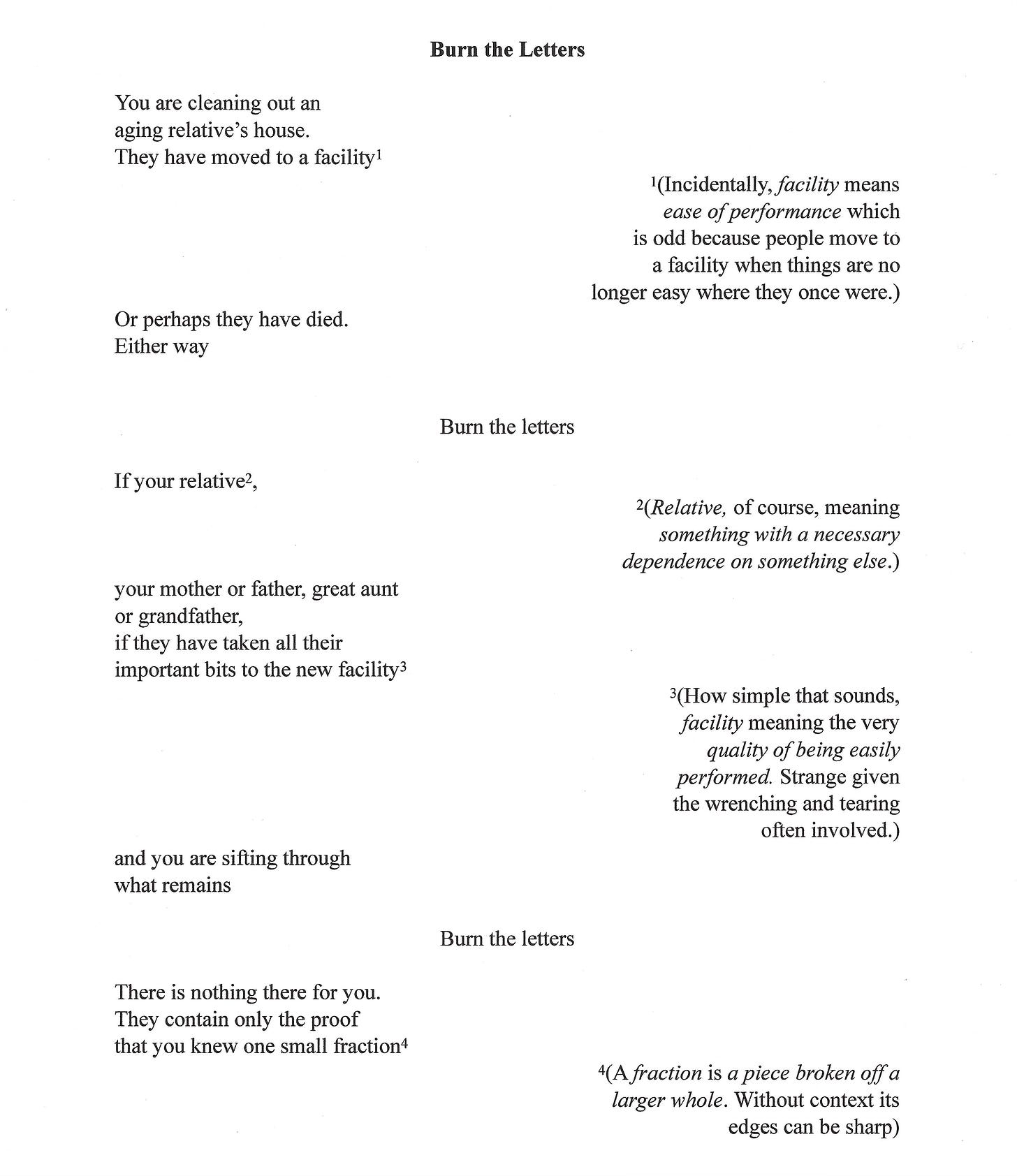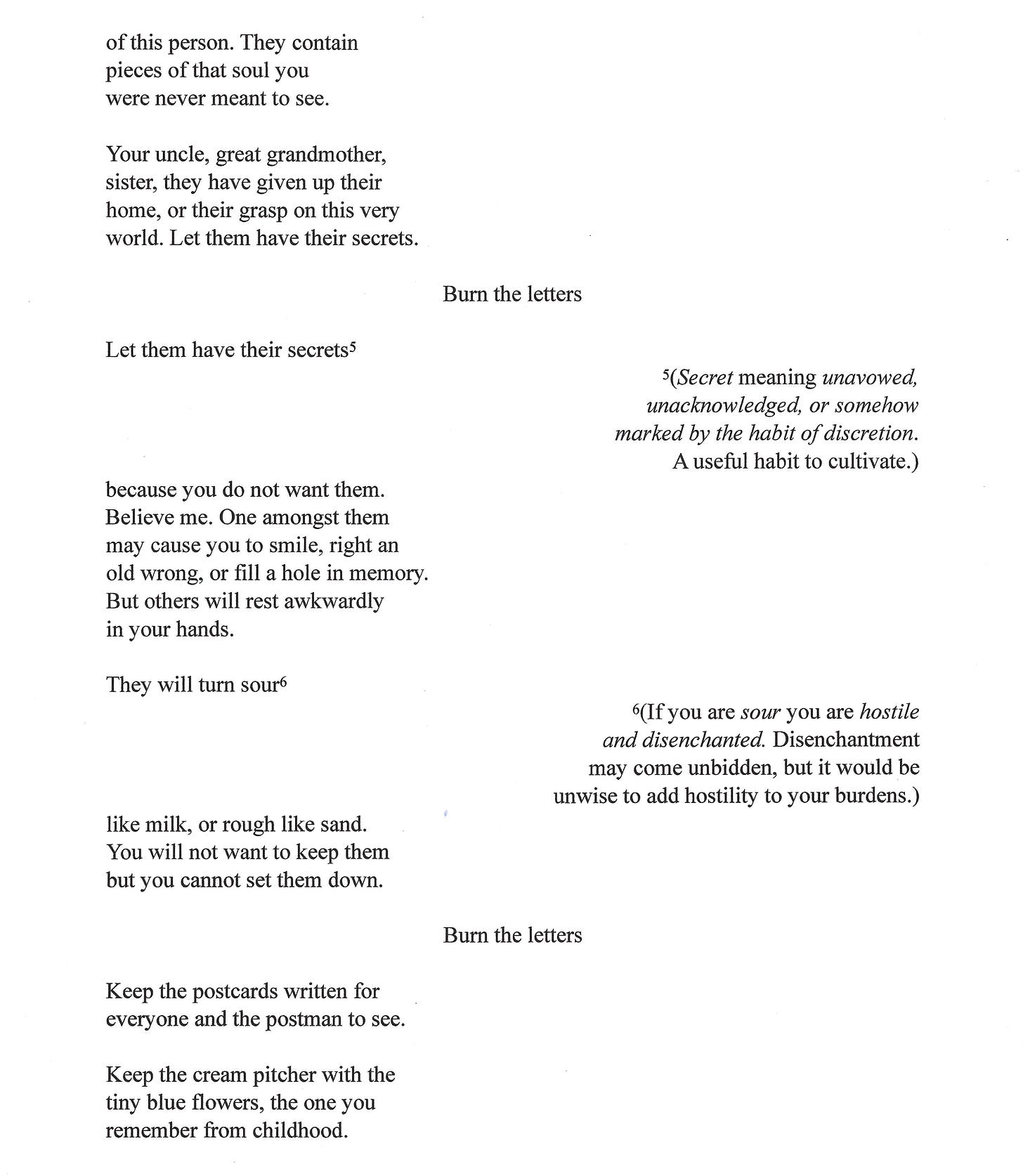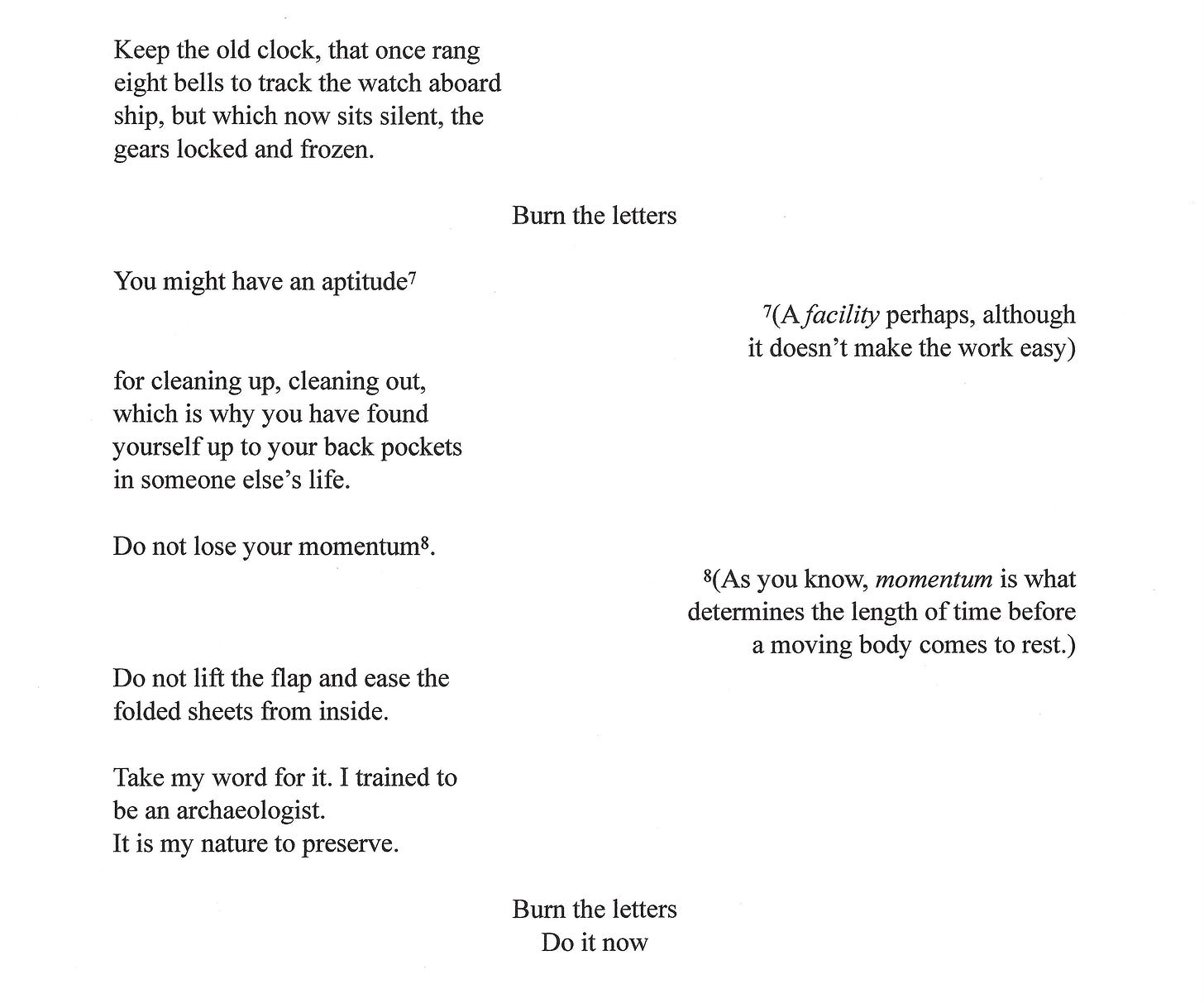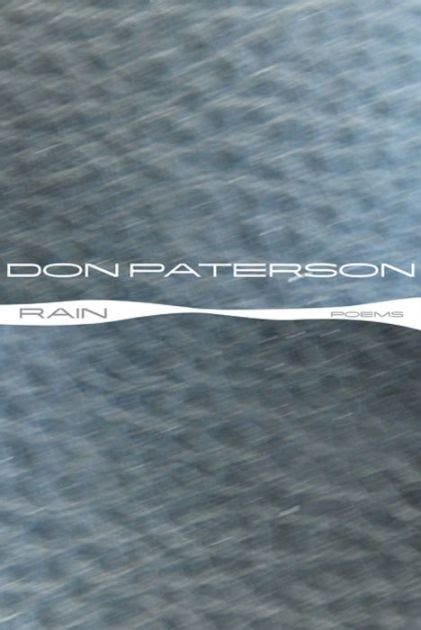We’re having some revolting weather here in Maine this morning. It rained a bit over night but then the tap-tap-tap on the window told us it had switched over to sleet. It feels like the sun opened one eye, saw the weather, and went back to bed. As I look out my window now, sleet, snow, and rain are falling all at once from the sky. The driveway has about a half an inch of sno-cone all over it. The temperature is 33°F, hovering at that freezing/not freezing point, which suggests to me we may have a whole day’s worth of this meteorological shilly-shallying in store. I have a whole stack of books waiting for me on the hold shelf at the library and zero motivation to go pick them up. It’s yucky out there, and I find myself wishing I’d picked a slightly more up-beat poem to share with you today. But perhaps it’s sunny where you are.
Oh, how to introduce this one? I’ve written before about my mother’s dementia. I’ve written about change and how relationships can cease to function, sometimes with little warning. This poem is about those things, but also about the burden that too often falls to one sibling when it comes time to sort through what is left of a parent’s possessions, often in their own childhood home. It can be brutal. It will almost certainly make you cry. And depending on how monumental the task, how dank the basement, how grueling the timeframe, it may make you physically ill. Amongst the boxes and papers you will find old resentments and new ones. You may learn things you’ll wish you hadn’t. When you finish, you will be changed.
The format of this poem is a little funky. It started out feeling like an advice column with an urgent directive. But there was this other voice, too, that wanted to annotate the body of the poem, and wouldn’t shut up about it, sort of an Interrupting Chicken voice. I initially tried to set them apart parenthetically. But, visually, they were not distinct enough. I settled on footnotes for that second voice, but instead of putting them at the bottom, I left them on the right side of the page so the reader can absorb them without moving up and down the page over and over. Let me know what you think. Does the form work for you?
Like the concrete poem I published a couple of weeks ago, I’m posting this one as a series of images to preserve the formatting. I hope it’s legible for you. I don’t know if there’s a name for a poem like this. It is certainly a poem that asserted itself and demanded very specific things of me in terms of how I structured it on the page. Maybe we can create a poetic form called bossy poems, or persistent poems. Interrupting Chicken poems? Give it a spin and see what you think. I’m really interested in your experience of it.
Those of you who write poetry, do you find yourself arranging your individual poems differently on the page? Or do you tend to write in similar formats? How much do topic, theme, and voice effect form for you? Readers of poetry, what do you think? Do you enjoy funky formatting? Or do you think it can get in a poem’s way?
What I’m Reading:
Don Paterson’s poetry collection, The Rain, arrived for me at the library this week.
recommended him to me (Thank you, David!). I’m only about halfway through, but this is some gorgeous writing. “The Swing” was so potent and sad. The title poem is a stunner, and I love this clip of Andrew Scott reading it aloud. Paterson uses rhyme in such an organic, natural, non-gimmicky way. Almost makes want to play with rhyme myself. Almost.
Here on Substack:
- is kicking off a February Poetry Adventure in less than a week! Daily prompts and encouragement. Write a poem every day, or as often as you like. Enjoy the company of other writers. I don’t see a downside. I’ll be there. Will you?
Thanks for Reading!









Thank you for the mention of February Poetry Adventure, Tara! I'm glad you are along for the Adventure and am looking forward to reading what you create. :)
This poem was really interesting. I read it as is and felt the speaker in it. That is often how I feel when I read concrete poems. I feel like I am in conversation with the poet. Then, I re-read just the left side all the way through and felt like I was hearing my own voice. I really enjoyed both versions. And the topic is a tough one to tackle. But those last five lines truly got me. So powerful. I think they will live inside my mind for a good long while.
Thanks for the poem and commentary. I think the presentation (whitespace, enjambment, whatever you want to call it) of a poem is certainly important. But, the level of salience varies from poem to poem. I love that a poem can be a work of auditory art, visual art, literature, and more. I just posted one myself with a strong tie to its textual form, so I used an image too.
As for the theme and content of your poem, I think I agree. Inherit some things, but let secrets lie.